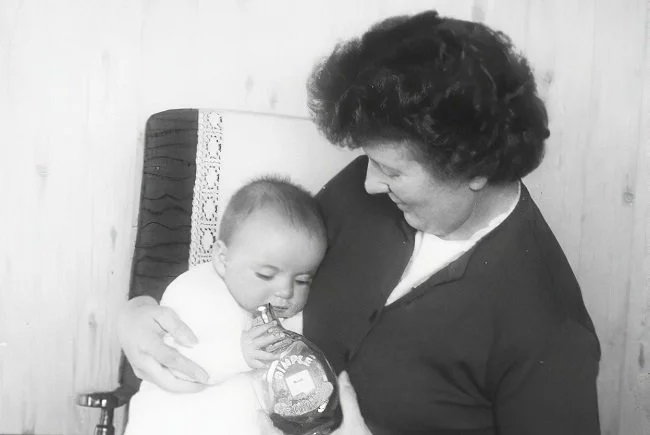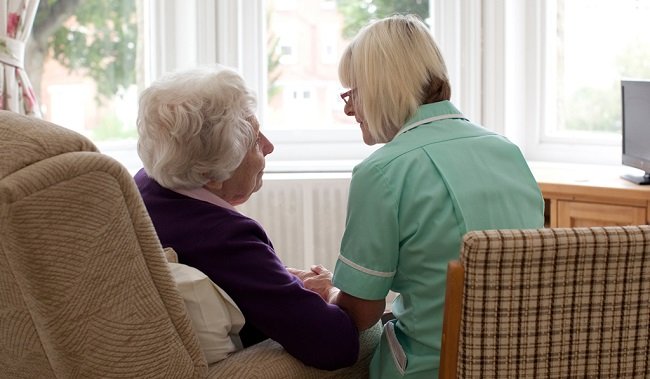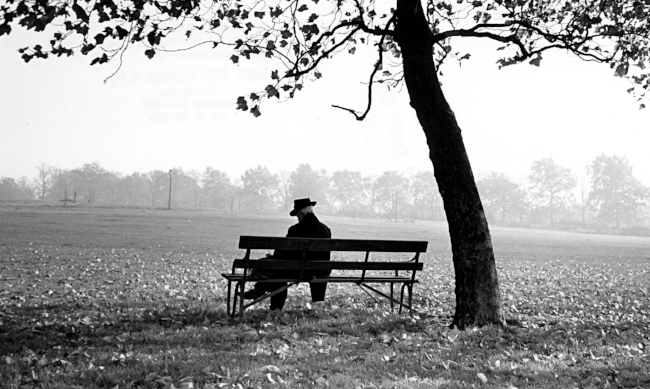Caring for the Elderly: Part 8
Queen Elizabeth Hospital. Woolwich
I started writing this series of blog posts when I first became a carer back in 2016. The idea has always been to use my personal experiences as a point of reference for others. That is the main reason for this latest update. The things that are currently happening to me and my nearest and dearest may happen to you and yours. Over the last three years a lot has changed in my family’s collective life. Both my parents have gone from living relatively independently and managing their own affairs, to becoming disabled with long term degenerative medical conditions. Both are now housebound and require assistance with basic tasks such as washing and dressing, due to reduce mobility and frailty. My Father has been nil by mouth for three years and requires district nurse visits twice a day to deal with his medicine and catheter. My Sister has altered her working hours so she has more time available in the morning before she goes to work. I have given up work to become a fulltime carer. Between us the days is covered. The latest major change has been applying for power of attorney, which I wrote about in my previous post.
My Mother will be 89 in October and my Father 90 in July. Medically speaking, neither of them has anything exceptional wrong with them. Both are afflicted with common ailments associated with old age. Heart issues, loss of hearing and eyesight as well as ever decreasing mobility. Both have had at least two strokes. Take anyone of their health problems out of context and they may well sound unremarkable, even trivial. But collectively they are difficult to manage. And physical issues are only half the picture. Old age, illness and a loss of control bring a wealth of mental and emotional pressures. My Mother is exceedingly skittish and finds the continual coming and going of carers, nurses and social services very upsetting. My Father, who has always been a very academic man is no longer able to pursue his passions. He can no longer read, write or use a computer. His mind is sound but his ability to do anything is greatly diminished. My Sister and I manage many things but if there is an area that gets somewhat sidelined it’s social interaction. We’re always doing things and my parents do not see enough new faces.
Caring of this kind is a difficult task because the most you can ever hope for as a carer is to maintain the status quo for as long as you can. Friends and colleagues are very kind and supportive, but comments such as “I hope (insert parent’s name) get’s better” are ultimately pointless because neither of them ever will. Their respective health will continue to decline over time and with each additional infection or bout in hospital. As a result of this things have reached a point now where it is proving extremely difficult to manage both my parents care simultaneously. A back injury has made my Mother even less mobile than normal. For the last five weeks she has been unable to get out of her bed and chair unassisted. Her regular trips to the toilet have meant that someone (mainly me) has to be present in the house at all times. My Father contracted yet another urinary tract infection (the third this year) at the same time and became prone to falling. This and the accompanying bowel incontinence proved very problematic. The infection ended with a hospital admission, two weeks ago.
Wilmington Manor Nursing Home. Dartford
Due to the pressures on the NHS, the hospital was keen to discharge him as soon as possible. However, my Sister and I simply could not deal with his return as although he was clear of the UTI, he was unable to get up and walk and was still suffering from diarrhoea. Having two immoveable adults in the house, who are both probe to falling when assisted was deemed too much of a risk. So to cut a long story short I contacted social services and “negotiated” some emergency respite care. Respite care is designed to relieve the pressure on carers temporarily relocating the person requiring care to a residential home or facility of that kind. However, although it is an invaluable service, it is not a simple as it immediately seems. Usually, a person does not go from hospital directly into respite care. However, my Father was awarded two weeks last July. However, he got sick 12 days into his previous stay and was hospitalised. Hence, we still had a balance of 6 days outstanding. Thus with a little “persuasion” the new stay was arranged. However, respite care only provides access to a home and nursing staff. Neither social services nor the nursing home take total ownership of the matter. Therefore, I had to pack a week’s supply of clothes, ensuring that they were all labelled. I also had to provide a week’s supply of meds, my Father’s liquid feed, the pump and the “giving sets” as well as a few personal items such as glasses and wash kit. This then had to be shipped to the home which in this instance wasn’t as local as I had hoped. I do not drive. Furthermore, it will fall to me to come to the home on his last day and pack all these items up and return them to his home, ensuring nothing has been lost.
So far, my Father has been away from home for two weeks. He is scheduled to return on May 29th. We as a family are hoping that during that time, he has regained a degree of his previous mobility because if not, then we are facing the same problem we had earlier. IE having to manage two immobile ageing adults. I suspect that if not now, by the end of the year we’ll have to consider the fact that we cannot meet his care needs at home any longer. For his own personal safety he will require the 24-hour attention provided by a nursing home. Naturally, this is a not a decision that is made lightly and comes with a wealth of other issues to consider. Although I want my Father’s care needs to be met, I also have to consider those of my Mother and wellbeing of myself and my sister. It is difficult to make such life changing choices without feeling guilty, that we’re letting him down or that we’re being judged by the various groups and organisations we deal with. Each family that faces such dilemmas must do so in their own unique way. Once the emotional and social concerns have been addressed then it’s time to consider the practicalities of such a choice, such as the financial implications. Nursing homes are expensive.
The UK has an ageing population and we are now entering an era where modern healthcare means that life expectancy may reach 100 years plus. However, the politics and social attitudes surrounding many of the associated issues of increasing old age have not significantly altered. Both my parents are old, frail and demonstrably unhappy. They endure because society feels obliged to help them but has no clear plan as to what to do next. It’s sad to think that the one factor that may eventually force a societal debate on this matter is more than likely to be the economics of the situation. When the cost becomes untenable on the public purse, then perhaps broader options, strategies and ideas will be considered. In the meantime, my family will endeavour to carry on within the confines of their own home. Yet health factors may well change this. Then there are other longer-term factors to consider. I am 51 and may well have to return to some state of employment in the near future or potentially suffer financially in my own old age. Again it doesn’t feel right to put money over other factors but I cannot risk putting my trust in the welfare state. The way UK politics are progressing there may not be one in a decade or so and there may also be considerable economic turmoil in a post Brexit world. For now my family will strive to hold the line.


















